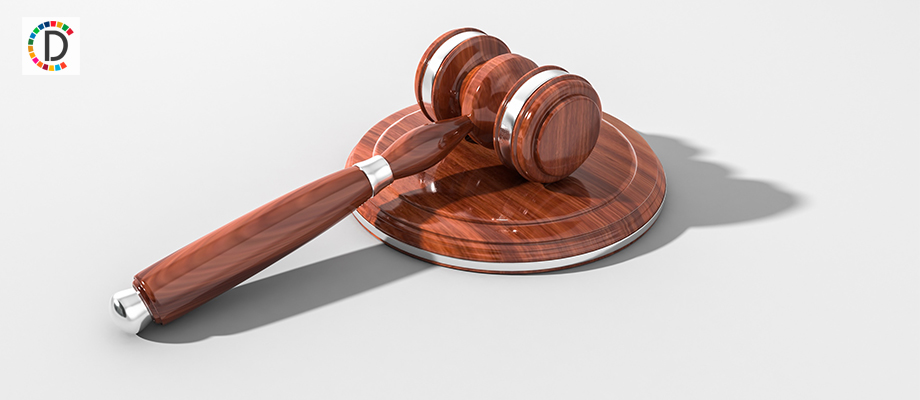Poland''s abortion ruling focus of debate in EU parliament

- Country:
- Poland
Most European Parliament lawmakers on Tuesday lashed out at Poland's near-total abortion ban Tuesday, with several lawmakers arguing it was a fundamental violation of women's rights. Even though some praised authorities in Warsaw for what they called a defense of Christian values and human life, many in the major political groups were critical of the measure in the staunchly Roman Catholic nation. EU equality Commissioner Helena Dalli acknowledged that the EU has no legal control over how member states regulate abortion, but she said she viewed the abortion ruling as a sign of the deterioration of sexual and reproductive rights of women in the central European nation.
The debate follows a constitutional court ruling in Poland that resulted in an almost total ban on abortion that took effect in late January. Poland already had one of Europe's most restrictive laws, allowing abortion only in the case of crime — rape or incest; a threat to the woman's life or health; and fetal abnormalities.
The court ruled that abortion due to fetal abnormalities — even in the case of fetuses so badly damaged they would die at birth — is not constitutional.
Members of Poland's ruling Law and Justice party, which is aligned with the Roman Catholic Church, had sought the new restriction. They argued that it was partly a way to prevent the abortion of fetuses with Down syndrome, which had made up a significant share of the legal abortions in Poland until then.
Most European lawmakers criticized the ruling, saying it marked a human rights setback. Many pointed to it coming in the context of what they see as a broader deterioration of democratic standards in the central European nation, citing an erosion of judicial independence and homophobic rhetoric by authorities.
Frances Fitzgerald, with the Ireland's centrist Fine Gael Party, called the abortion ruling ''bleak and inhumane." Terry Reintke, a Green member from Germany, accused the conservative Polish government of turning the country into "a place where men will have control over women's bodies." She called on the European Commission to act to defend women and democracy more broadly in Poland.
Karen Melchior, from Denmark, said women with lethal fetal defects would now be forced "to give birth to a corpse." Patryk Jaki, a lawmaker from the ruling Polish party, Law and Justice, and the father of a child with Down syndrome, said he finds it wrong to treat the right to abortion as a human right.
"Children, infants with Down syndrome, what do people want to say — that they are to die rather than to live? The Polish people have decided and it is the best thing," Jaki said.
Poland's position was defended by lawmakers from the far-right Alternative for Germany, including lawmaker Joachim Kuhs, who praised the Polish government for "fighting for family values" and Christian principles.
Kuhs said he regretted that "a member state is being hauled over the coals" in the European body.
Polish lawmakers were also among those who denounced the abortion restriction. Robert Biedron, a left-wing lawmaker, told the body about how police have used force and have been detaining women protesting the ban.
"The rights of women in Poland have been curtailed so much that they have fewer rights than women in Iran," Biedron said.
(This story has not been edited by Devdiscourse staff and is auto-generated from a syndicated feed.)
ALSO READ
Tea Diplomacy: A New Chapter in Parliament Relations
Winter Session 2025 Ends; Parliament Passes 8 Key Bills, Productivity Tops 120%
Leaders Reflect on Productive Winter Session in Parliament
Parliamentary Relevance in Decline: Sibal's Concerns for Democracy
Lok Sabha Tension: Privilege Breach Allegations Jolts Parliamentary Proceedings










